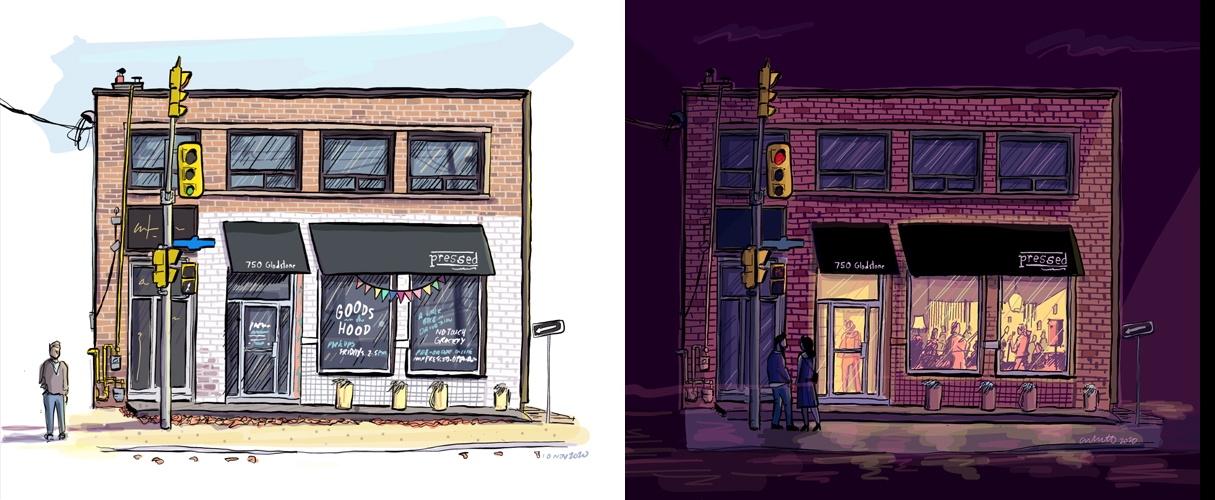
A 2.5% Increase in Ottawa Property Taxes is Approved by Council
The focal point of today’s Ottawa City Council meeting was a motion for the city’s plan to increase property taxes to no more than 2.5% under the proposed 2024 budget directions put forward by the Finance and Corporate Services Committee. However, in this second meeting since the end of summer break, a complementary motion put forward by Councillors Lieper and Troster provoked most of the discussion.
The motion asked the city to use newly collected tax revenues to address the Council’s term priorities around the housing crisis and the overdose crisis. Troster and Lieper’s motion was put forward in the hope of making an impact as consultations for the 2024 budgetary process have begun.
After reading the motion, Lieper stated, “We can do a lot of work towards making this a liveable city for every resident of Ottawa by allocating those resources to addressing the needs of the people who need it most.”
Councillor Matthew Luloff immediately retorted that if the city is in a housing crisis, the solution is not to burden taxpayers already facing higher interest rates, and rising costs of living with “punitive” taxes. Although no new tax was directly mentioned in the motion, Luloff was likely pointing to the fact that the Lieper-Troster motion would incentivize more taxation by the city to increase revenue streams to combat the housing crisis. “We need to stop pretending that money is free and that our residents are an ATM,” said Luloff.
Councillor George Darouze echoed Luloff’s point. He said he has heard from residents in his ward that they cannot afford a property tax rate increase of 2.5%, given the economic climate. Councillor Glenn Gower called the Lieper-Troster motion a bad idea and said, “Essentially, this is directing the conversation before we even get into the budget,” meaning, before city staff have made budgetary recommendations.
Councillor Allan Hubley also spoke against the proposed Lieper-Troster motion, saying he believes that “Growth must pay for growth” and the proposed motion would ensure that newly raised funds would be directed at only a few wards facing severe housing and drug issues.
Councillor Ariel Troster spoke in favour of the motion she co-sponsored. The Somerset Ward councillor said that although homelessness may be concentrated in the core, people come from every corner of the city. Troster asked, “If we’re funding growth, who is it at the expense of?” She further stated that the mismanagement of the homelessness crisis is causing the suffering of everyday residents in her ward, who are on the frontlines of both this issue and the overdose crisis.
City staff spoke out against the motion, saying that it would remove flexibility from the budgetary process. Mayor Sutcliffe asked Council to vote against the Lieper-Troster motion. The motion failed to pass by a vote of ten supporting and fourteen opposing. The city’s budget direction for 2024, including raising existing levies by no more than 2.5%, passed with seventeen supporting and eight voting against. Read the 2024 budget directions here.
Councillor Lieper brought forward a notice of motion for the next Council meeting regarding the Lansdown 2.0 development, asking the city to delegate authority to a joint committee of the Finance and Corporate Services Committee and the Planning and Housing Committee to review the Lansdown partnership plan, which like the LRT is a P3 (public-private) contract.
The Council meeting was short but significant, setting the tone for the 2024 city budget and how much more Ottawa residents will pay in taxes in the next fiscal year. With the vote against the Lieper-Troster motion, however, and the vote in support of the budgetary framework, it is evident that Ottawa City Council remains split.
One side is firmly being the former Watsonites and Mayor Mark Sutcliffe, who are generally against increasing taxes and believe funds should be directed to services, while the progressive club of councillors, including Troster, Menard, King, and Kavanaugh support tax-heavy policies to address social issues within the city.









